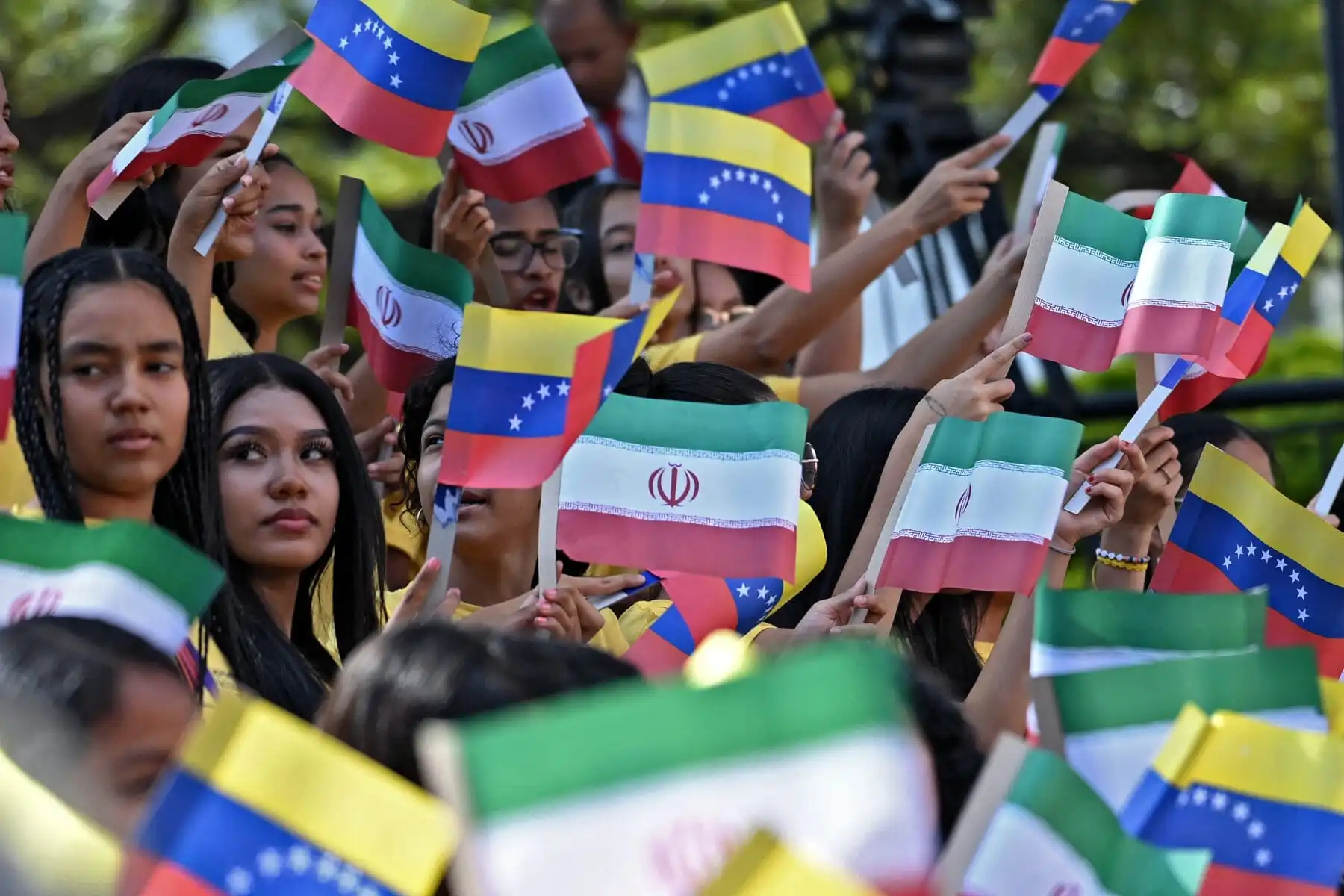Death of Federico Mayor Zaragoza, a Pioneer of Democracy and Education

Between 1981 and 1982, he led significant innovations, such as the first neonatal screening in Spain, which changed the paradigm of early detection of rare diseases. Dec 19, 2024 Photo: @EFELafototeca
December 19, 2024 Hour: 6:51 pm
“Education is the only way to be able to share better,” said Mayor Zaragoza, stressing his conviction that knowledge is an essential tool in combating poverty and social exclusion.
Related:
On Thursday, Madrid was in mourning with the news of the death of Federico Mayor Zaragoza at 90 years old, a prominent Spanish intellectual and politician who played a fundamental role in Spain’s transition to democracy after the Franco dictatorship. His legacy extends beyond national boundaries, marking a milestone in science, education, and international politics.
Born in Barcelona in 1934, Mayor Zaragoza was a man of the Renaissance: a biochemist, doctor of pharmacy, professor at renowned universities, and an impassioned poet. His academic career paralleled his political commitment, which led him to become a key figure during the early years of Spanish democracy.
Between 1981 and 1982, he led significant innovations, such as the first neonatal screening in Spain, which changed the paradigm of early detection of rare diseases.
His international career took off when he was appointed director of UNESCO for two consecutive terms (1987-1999), where he fervently defended education as a fundamental pillar for development and peace.
“Education is the only way to be able to share better,” said Mayor Zaragoza, stressing his conviction that knowledge is an essential tool in combating poverty and social exclusion.
Mayor Zaragoza was also a strong defender of Venezuelan sovereignty and a critic of foreign interventions in Latin America. His relationship with Commander Hugo Chavez, which began in 1999, was marked by mutual respect and unconditional support for the Bolivarian Revolution.
In his later years, he spoke out strongly against interventionist campaigns that he said destabilized progressive governments in the region.
The legacy of Federico Mayor Zaragoza is a call to action. His life was a constant advocacy for human rights, education, and social justice. His death leaves a void in the Spanish intellectual and political landscape, but his influence will last for generations to come who continue to fight for a more equitable and supportive society.
In this moment of grief, it is imperative to remember his teachings and his tireless work for a world where education is not a privilege but a universal right.
Author: MLM
Source: VTV






